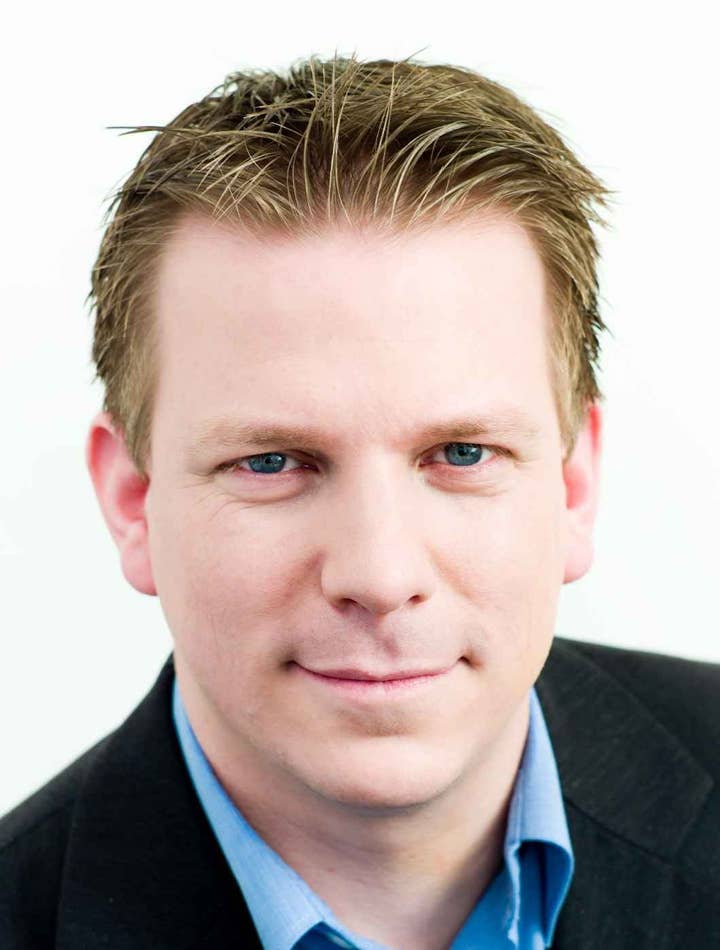The future of Headup as a standalone company
A rare amicable split occurred between Thunderful and Headup, marking the conclusion of their partnership in January 2024. The Germany-based Headup was sold during Thunderful's restructuring phase. Headup's CEO and founder, Dieter Schoeller, described the transition as seamless during a discussion at Devcom.
Schoeller elaborated on the reasons for their separation, highlighting Thunderful's shift towards larger productions, making indie development less central to its objectives. He noted the significant structural changes at Thunderful, including frequent leadership transitions, which influenced this strategic pivot.

While Schoeller is open to future collaborations, he's selective, preferring companies that share a similar vision for sustainable entertainment valued by consumers. He notes that the right partnership should feel as comfortable as spending personal time together, like a vacation.
The restructuring trends, including Thunderful's workforce reduction of 20% in early 2024, prompted Schoeller to reflect on industry changes. He proudly retained his entire team post-partnership without layoffs, emphasizing sustainable practices within his company.
Schoeller believes the European gaming sector should draw inspiration from the U.S. entertainment industry, noting the importance of understanding consumer engagement beyond just technical aspects. He stresses the crucial aspect of user-friendly game experiences, which are not yet ingrained in the industry.
"There is a good market for indies who embrace the mentality of user-generated content, shareability, and social communities"
Reflecting on successful indie titles like Terraria, which Headup helped distribute, Schoeller highlights the benefits of models centered around user-generated content and community engagement.
Despite leaving Thunderful's umbrella, Schoeller is unfazed about missing corporate resources, having initially sold Headup to explore larger project opportunities. He quickly learned that the scale of indie development has its unique appeal and flexibility.
Schoeller is concerned about industry difficulties for small studios, mainly due to insufficient support and financial backing, which can drive promising talent to other fields. He advocates for a support network to nurture emerging developers.
"Smaller studios need time to learn marketing or they need to look for external partners, and they're not given the time or the funds"
Recognizing that not every studio has the capability to self-publish, Schoeller acknowledges the need for marketing expertise and financial resources to ensure visibility and success on platforms like Steam. He is enthusiastic about supporting indie developers to achieve sustainability and long-term success.
Schoeller remains optimistic about future breakthroughs for indie studios, drawing on past successes like Bridge Constructor. His concluding sentiment underscores the importance of resilience and readiness to seize opportunities when they arise, likening Headup to a steadfast indie rock band that stays true to its roots and continues to thrive.